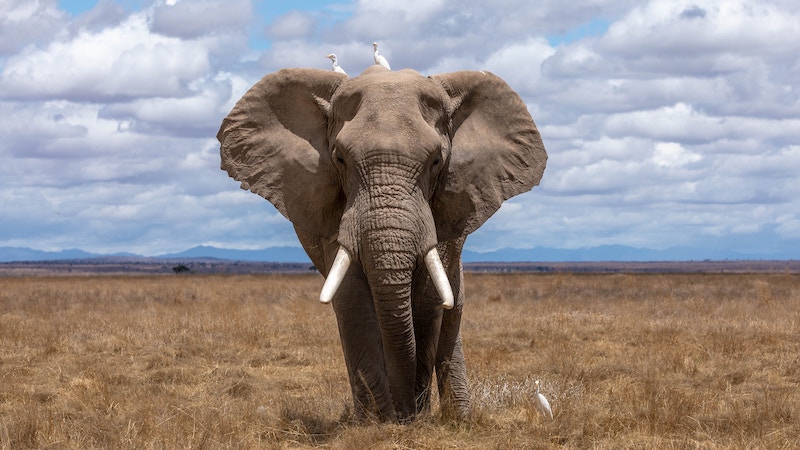Caveats concerning storytelling animals and learning from stories
Some Points to Ponder.
Should we reassess the success of our storytelling?
The Evolution of Stories
In previous posts we described the evolutionary case for storytelling. There is a point to telling stories, a reason why we do it. Stories have a deep “biological” function. The idea is that the fact that we as a species tell each other stories is an evolutionary adaptation which has increased our ability to survive and thrive on this planet.
And while the argument seems very plausible to us, the description of humans as “the storytelling animal” also seems to us to indicate the typical hubris of our species. By calling ourselves that, we set ourselves apart from the other animals who share our planet, who ostensibly are not intelligent or gifted enough to be endowed with an instinct for narrative.
But who is to say that whales, wolves, or even bees don’t tell each other stories?
If an elephant never forgets, surely their memories are filled with events and occurrences? And who is to say there are no plots and characters in these reminiscences, no themes or motifs in those recollections, no dramaturgy to those pachiderm pasts?
Only a narrow excerpt of the spectrum of light is visible to our eyes. A dog smells more than we do. Our understanding of the world is skewed by the way our senses work and our brain is wired. Shoals of fish or a colony of ants may not have campfires to sit around, but their activities as a group follow patterns too, there are organisational principles to be observed. Who are we to say that only our way of telling stories is a valid way? Maybe there are ways of telling stories beyond our ken.
Cautionary Tale – Our Dystopia
Which brings us to the second caveat. If, as we have frequently indicated, one of the great purposes of stories is to foster a learning process, by showing again and again instances of change and the associated revelation, how is it that despite the millions and billions of stories humans have told each other over the millennia, we as a species sometimes seem impervious to learning?
If stories demonstrate again and again that the cooperative principle is more beneficent for the individual as well the community than selfish behaviour, how can it be that humankind seems to be striding ever forward on the path of the pursuit of individual gain? Why is striving for profit of utmost importance in the real world although we have experienced in countless story worlds that single-minded egoism is the opposite of selfless heroism?
If so many fictional characters are transformed to overcome their flaws and weaknesses, and so many old orders are overthrown to be followed by better, healthier, happier ever-afters, why in the real world are we so prone to wars and petty acts of selfishness, to the destruction of the environment and elimination of species after species? In the most popular stories of our age, characters grow emotionally, becoming mature and defeating great forces that seek to thwart individual rights to live freely and in peace. Katniss Everdeen, Luke Skywalker or Yoda, Harry Potter and friends, James Bond, you name your favourite hero. They usually win in the end. Why can’t we in our humdrum everyday lives follow their example? Why is our world ever more dystopian, our modern civilisation encroaching ever more on biodiversity, our progress unable to spread peace and prevent poverty? Why do so many of us succumb to closed-minded ideologies, hating belief sets other than the ones we ourselves have subscribed to?
If the heroes of our stories for the most part bring about positive change, why is it so hard to apply some of this heroism to life in the real twenty-first century world? If the clash between protagonists and antagonism in stories shows us how to deal with or resolve conflicts, why haven’t we learnt to deescalate the real world ones?
Doesn’t it make you wonder about the prevailing narrative in our real world? The pervasive narrative that teaches us most convincingly with its paradoxical tale in which the moral is the creed that personal gain is supposedly the way to collective well-being. Isn’t it time we lived a story heading towards unity, understanding, and cooperation?
To put it another way, for we make no claim to originality here: “The stories we are telling do not seem to be carrying us to a world of tolerance, harmony, and conscious living.” Druscilla French, The power of choice, 1998.
Click to develop a better story:


